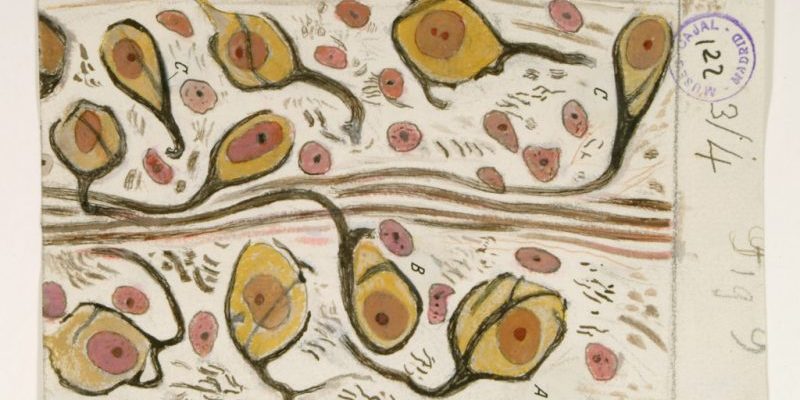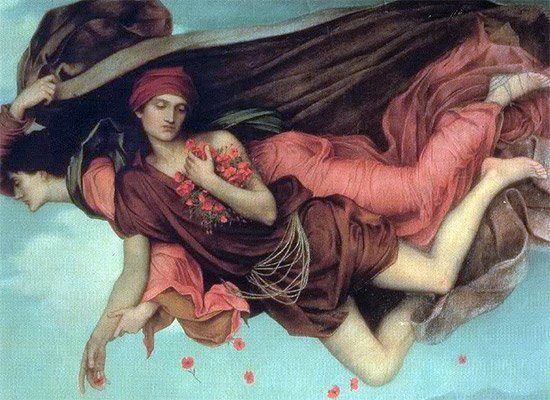Piece of music with transcendent quality, worth listening here below
Month: July 2019
Psychoanalytic therapy aims to explore the hidden emotions, repressed childhood memories, fantasies and thoughts affecting present behavior and relations of the client. The ultimate gain is a sound sense of self, contentment at a higher state of consciousness and self-mastery. The history of the psychoanalytical practice is not only long but it has been evolving ever since S. Freud’s work in psychoanalysis from 1915s up to present. Moving from the divan (couch) to psychoanalytic therapy wherein the client is relocated to the armchair facing the therapist and further on to the developmental approach founded by S. Freud’s daughter Anna …
The practice of psychology had started with two traditional schools: psychoanalytic and cognitive psychology from which further derivatives and styles of therapies would be formulated in tandem with advanced research in cognitive science and developmental psychology. Freud’s pioneering work with psychoanalysis at the turn of the 20th century and the Jungian approach to the unconscious, both prepared the field for psychological practices, primarily paving the way for psychoanalytical therapy in the 1930s. The next major school – Cognitive Behavioral psychology was founded in the late sixties by the developmentalists Bruner and Neisser. Here is a simplified outline …
The Egyptian method for weighing the virtues of the soul before the final judgement and the destiny of the soul in the afterlife, you can watch here : Duygu Bruce July 9, 2019
Rondador (panpipe) is one of the oldest instruments played in Latin America. It is a wind instrument made of condor feathers, bamboo and cotton string. When played, its pure sound echoes across the Andean mountain peaks where the condors fly. A well-known folk song played with this instrument is “El Condor Pasa”. In the original lyrics, an allegory is made to the condor flying high above in the sky as the symbol of freedom and dignity. As flying, he looks at the Andean miners working below and his flight becomes the miners’ aspiration for freedom and a dignified life. …
The story of how Hypnos, the god of sleep made Zeus fall asleep and how the Greeks went across the Aegean and won the Trojan war. The Greek god Hypnos was represented as a gentle and calm young man, with wings attached to his temples. His voice had enormous power over the mortals and immortals including Zeus, the god of the gods. The word hypnosis derived from his name is used today as a psychological method to put someone into a deeper state of consciousness where pure attention is heightened. When conducted properly into this state of mind, one can …











Social Profiles